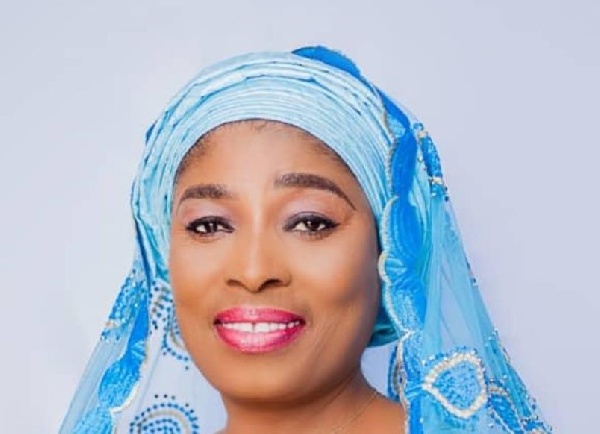The Ministry of Gender, Children and Social Protection, says it has implemented various policies to scale up the operations of Small and Medium Enterprises (SMEs).
According to Lariba Zuweira Abudu, Minister Designate for Gender, Children, and Social Protection, plans are well underway to assist SMEs in taking advantage of the African Continental Free Trade Area (AfCFTA).
In an interview with Joy Business at the launch of the African Women Leaders Network, Ms Abudu explained that her organization is collaborating with various stakeholders and agencies to leverage technology to assist women in small businesses.
She reaffirmed the government’s commitment to assisting women-owned businesses in taking advantage of AfCFTA.
“You know we’ve been doing great works all these years and I can assure you that the government is really committed to supporting small businesses in the country.
“We will never neglect them because they play a critical role in the Ghanaian economy so there is a lot in stock for them,” she said.
Speaking about head porters in Accra, she stated that a number of them have been enrolled in various institutions to acquire soft skills that will eventually take them off the street.
“We are trying to take them off the street, we have realized that they are becoming too many in Accra and for that matter, we have paid for some to start schooling to acquire skills that will help.”
ALSO READ:
Gender Ministry reviews Domestic Violence Act
CHRAJ investigates Akufo-Addo’s Gender Ministry nominee
“I’m not sure of the numbers but I can say they are quite a number and very soon we will see most of them doing great work.”
The African Women Leaders Network was founded in 2017. It is a joint African Union and UN initiative to create a continent-wide women’s movement led by women for women.
The primary goal is to strengthen women’s leadership in Africa’s transformation into a peaceful and inclusive continent by focusing on six pillars: governance and political participation, peace and security, financial inclusion, young women’s leadership, rural women empowerment, and social mobilization.


